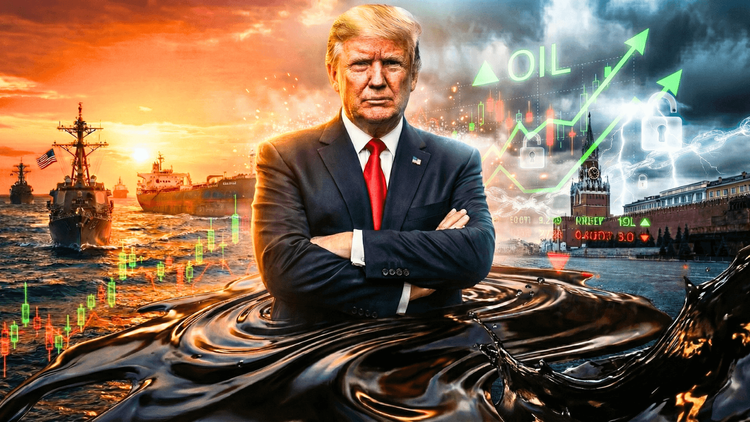Betting Big on Antimony: Why China’s Export Ban Could Boost Your Portfolio
Antimony: The Critical Metal China Refuses to Export, Driving Investment Opportunities Worldwide

In a rapidly shifting global economy, one investment strategy stands out: buying commodities that China has restricted. Among these, antimony, a critical metal used in both industrial and military applications, has emerged as a prime opportunity for investors. With its price doubling in recent months, the demand for antimony is outpacing supply, creating lucrative opportunities for those willing to enter this space.
The Squeeze on Antimony
China's decision to restrict the export of antimony has significantly disrupted global supply chains. This move, which Beijing justified on the grounds of national security, has pushed the price of antimony from $12,000 to $30,000 per ton. Antimony is essential for many industries, including technology and defense, where it is used in flame retardants, ammunition, and battery technology. As a result, the export restrictions have led to a surge in demand and spiked prices.
Key Market Players
Several companies are well-positioned to benefit from the rising demand for antimony. Larvotto Resources, an Australian-listed company, has seen its share price surge by 200% in just a few weeks, thanks to the redevelopment of the Hillgrove mine, known for its antimony and gold reserves. The Hillgrove project’s history stretches back to 1857, but it ceased operations in 2002 when antimony prices hit rock bottom. Today, however, the renewed interest in antimony has reignited the mine’s potential, driving the company’s stock price higher.
Similarly, Perpetua Resources has capitalized on the opportunity by securing U.S. government approval to redevelop its Stibnite gold and antimony project in Idaho. This development has led to a 47% rise in Perpetua’s stock, further underscoring the growing market for antimony.
Military Metals Corp: A New Player in the Antimony Market
Another emerging force in the antimony market is Military Metals Corp, a British Columbia-based company that has made strategic moves to position itself as a pure-play antimony firm. The company recently acquired key antimony projects in Slovakia, including the Trojarova and Tiennesgrund projects, which hold substantial historical resources. By focusing on these European assets, Military Metals is aiming to secure Western access to antimony, a resource primarily controlled by China, Russia, and Tajikistan.
Additionally, Military Metals acquired the West Gore project in Nova Scotia, a past-producing antimony mine that once played a major role in Canada’s mining industry. These acquisitions are part of the company’s broader strategy to capitalize on the growing demand for critical minerals, particularly as geopolitical tensions continue to impact supply chains.
Investment Opportunities
With antimony prices surging and supply under pressure, now may be the time for investors to consider exposure to antimony stocks. Companies like Military Metals (CSE:MILI) and Perpetua Resources (TSX:PPTA) offer compelling entry points for those looking to invest in a market driven by scarcity and strategic importance. However, potential investors should remain aware of the risks, including market volatility and geopolitical factors.
Conclusion
Antimony has rapidly emerged as a strategic investment, driven by China's export restrictions and increasing demand from industries ranging from technology to defense. With prices more than doubling, companies like Larvotto Resources, Perpetua, and Military Metals are well-positioned to capitalize on the opportunity. As the global race for critical minerals intensifies, antimony could prove to be one of the most profitable investments for savvy investors.






